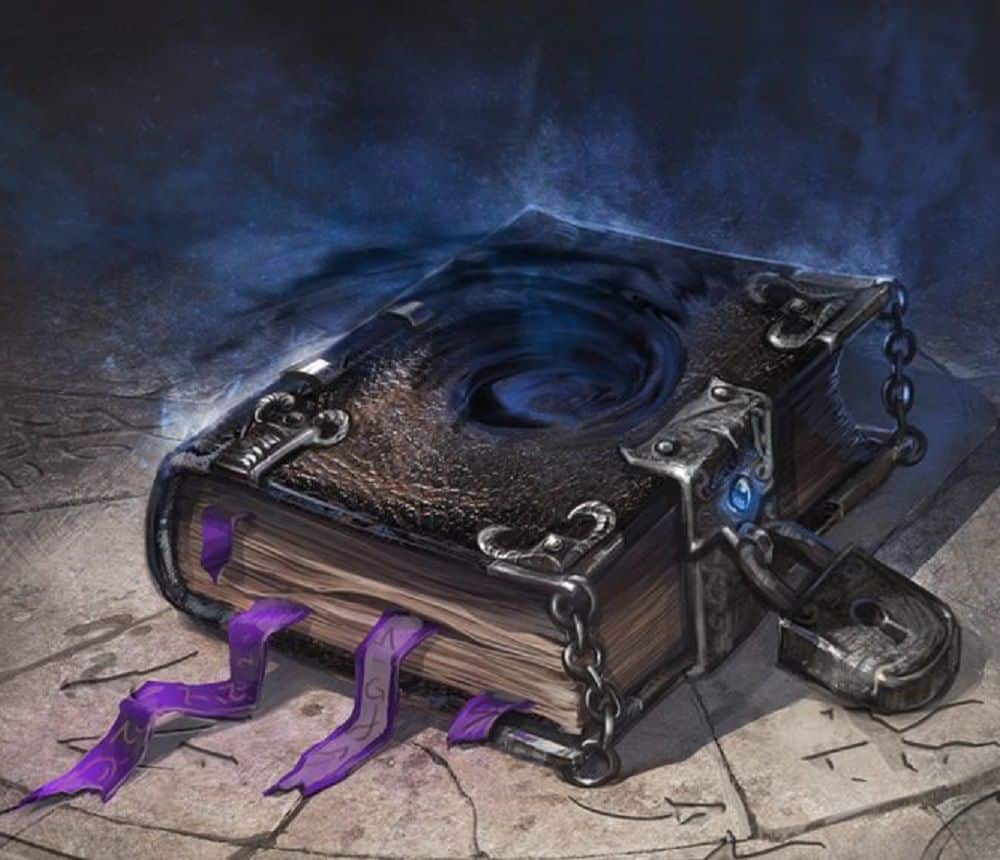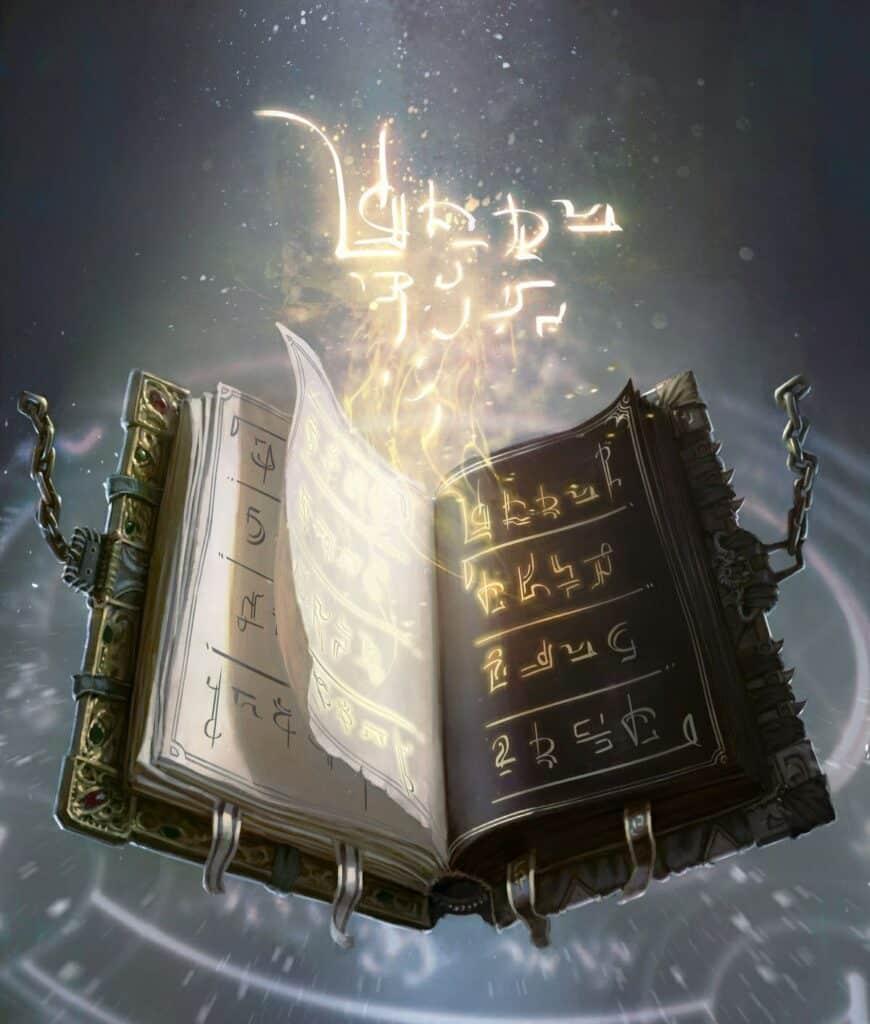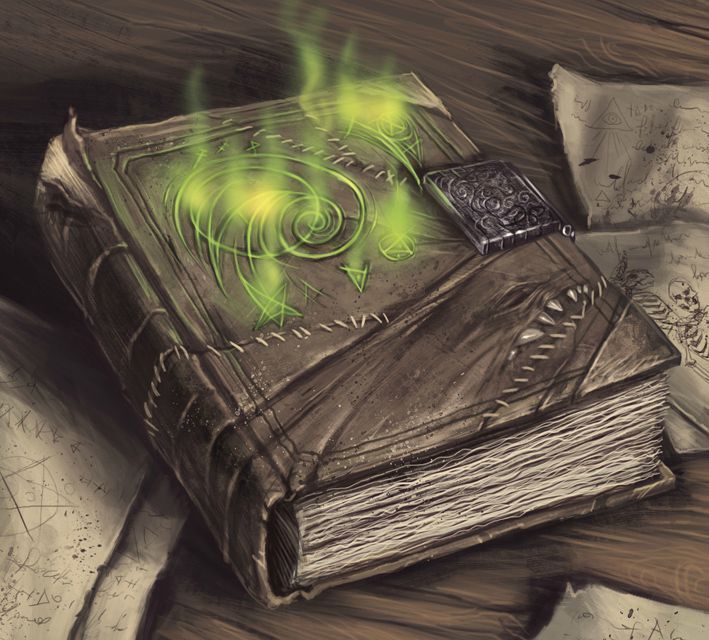Writing is a craft that requires constant honing and creativity. As a writer, you might often find yourself seeking new sources of inspiration and techniques to enhance your storytelling abilities. One unconventional yet highly effective method to improve your writing skills is delving into Dungeons and Dragons (D&D).
This tabletop role-playing game offers a treasure trove of opportunities to boost your creativity, character development, and storytelling prowess. It’s a game that allows players to create their own unique characters, embark on epic quests, and explore fantastical worlds filled with magic and intrigue.
While D&D is primarily known as a game, it can also be an incredibly useful tool for writers. In fact, many popular writers, including R.A. Salvatore and George R.R. Martin, have used D&D as a source of inspiration for their own writing. In this blog, we’ll explore how you can utilize D&D to enhance your writing, from mining D&D books for inspiration to crafting compelling D&D stories that will captivate your readers.

Inspiration from D&D Books
D&D is steeped in rich lore, with a plethora of sourcebooks and novels that can serve as a wellspring of inspiration for writers. Whether you’re crafting a fantasy epic or just looking for unique world-building ideas, D&D books can provide valuable insights. Here’s how you can tap into these resources:
World-Building: D&D campaign settings, such as the Forgotten Realms or Eberron, offer meticulously crafted worlds with intricate histories, cultures, and geography. Reading these books can help you learn how to build immersive settings for your stories. Pay attention to the details, such as how different races interact, the role of magic, and the impact of historical events on the world.
Character Development: D&D sourcebooks often include detailed descriptions of various character classes and races, complete with backstories and motivations. Studying these can help you create well-rounded characters in your own writing. Consider the unique abilities, flaws, and personal quests of D&D characters when crafting your own.
Plot Ideas: D&D adventures are brimming with epic quests, mysteries, and conflicts. Reading D&D adventures can spark ideas for your own storylines, especially if you’re writing in the fantasy genre. Adapt and modify these plots to suit your narrative needs, and add your own twists for originality.
D&D Character Ideas for Your Writing
One of the standout features of D&D is the vast array of unique and memorable characters. Whether you’re looking for inspiration for your protagonist, antagonist, or supporting characters, D&D offers a treasure trove of character ideas:
Alignment and Morality: In D&D, characters have distinct alignments, representing their moral and ethical compass. Explore characters with different alignments to develop nuanced and morally complex individuals in your stories. This can add depth and conflict to your narratives.
Backstories: D&D characters often come with rich and detailed backstories. Borrow elements from these backgrounds to create compelling and relatable characters in your own writing. Consider their past traumas, motivations, and personal quests as potential plot drivers.
Flaws and Quirks: D&D characters are known for their quirks and flaws, which make them endearing and relatable. Embrace these imperfections in your characters to make them more human and relatable to your readers.
Crafting D&D-Inspired Stories
Now that you have gathered inspiration and character ideas from D&D, it’s time to craft your own stories. Here are some tips for weaving D&D elements into your narratives:
World-Building: Use the rich world-building techniques you’ve gleaned from D&D books to create immersive settings. Describe the sights, sounds, and smells of your world, just as you would in a D&D campaign.
Character Arcs: Apply the principles of character development you’ve learned from D&D characters to your own creations. Ensure your characters undergo growth, change, and personal challenges throughout your story.
Plot Structure: D&D adventures often follow a structured format with a beginning, middle, and end. Incorporate this structure into your writing to maintain a well-paced and engaging narrative.
Conflict and Encounters: D&D is known for its dynamic combat encounters and interactions with NPCs (non-player characters). Use these as inspiration for exciting and tense moments in your own stories. Think about how different characters’ abilities and personalities can lead to unexpected conflicts and alliances.
Dungeons and Dragons Stories
Consider writing stories specifically set in the D&D universe or with a D&D theme. This subgenre can be immensely rewarding and enjoyable for both D&D enthusiasts and newcomers to the game. Here’s how to get started:
Research D&D Lore: Dive deep into the lore of the D&D world you want to explore in your story. Consult D&D books, online resources, and official campaign settings to ensure accuracy and authenticity.
Create Your Characters: Develop unique characters that fit seamlessly into the D&D universe. Consider their race, class, and alignment, and ensure they have compelling backstories and motivations.
Embrace Fantasy Tropes: D&D is rooted in classic fantasy tropes, such as dragons, dungeons, and magic. Embrace these elements in your story while adding your own unique twists to keep things fresh and exciting.
Engage with the D&D Community: Share your D&D-themed stories with the vibrant D&D community online. Seek feedback, collaborate with fellow writers, and immerse yourself in discussions about D&D lore and storytelling.

Tips for writing Dungeons and Dragons-inspired stories
Here are some tips that’ll improve your writing when it comes to writing Dungeons and Dragon-inspired stories:
Tip 1: Read Widely
To improve your writing, you need to read widely and diversify your sources of inspiration. D&D offers a unique blend of fantasy, adventure, and world-building, providing fresh perspectives and ideas to incorporate into your writing. Whether learning about the cosmology of the Forgotten Realms or the intricacies of different character classes, D&D can expand your storytelling toolkit.
Tip 2: Analyze Story Structure
D&D adventures often follow a structured narrative with a clear beginning, middle, and end. Analyzing the structure of these adventures can help you understand the importance of pacing, plot development, and character arcs. Apply these lessons to your writing to create engaging stories that captivate your readers.
Tip 3: Develop Complex Characters
In D&D, characters are not one-dimensional; they have rich backstories, internal conflicts, and evolving relationships with others. You can gain insights into crafting multi-dimensional characters in your stories by delving into character creation and role-playing. Think about your characters’ past experiences, their desires, and the obstacles they face. This depth will make your protagonists more relatable and engaging for your readers.
Tip 4: Explore Different Perspectives
D&D encourages players to step into the shoes of characters who may be very different from themselves. This can broaden your understanding of different viewpoints and help you create diverse and authentic characters in your writing. Use D&D as a playground to experiment with various personas and bring that skill back to your writing to create a tapestry of voices and perspectives.
Dungeons and Dragons offers a treasure trove of inspiration and techniques to improve your writing. You can elevate your storytelling abilities by delving into D&D books, mining character ideas, and crafting D&D-inspired stories. Whether you’re a seasoned writer or just starting your writing journey, the world of D&D offers something unique.
If you’re interested in exploring the world of D&D and writing, be sure to check out Bryce Ward’s book, The Short Stories Of A Dungeon Master. This collection of fantasy-themed short stories is filled with monsters, brave heroes, and epic quests. It’s a great example of how D&D can be used to inspire and improve your writing.
So, grab your dice, create a character, and embark on a quest to enhance your writing skills through the magic of Dungeons and Dragons. Your readers will thank you for the unforgettable stories you create.


